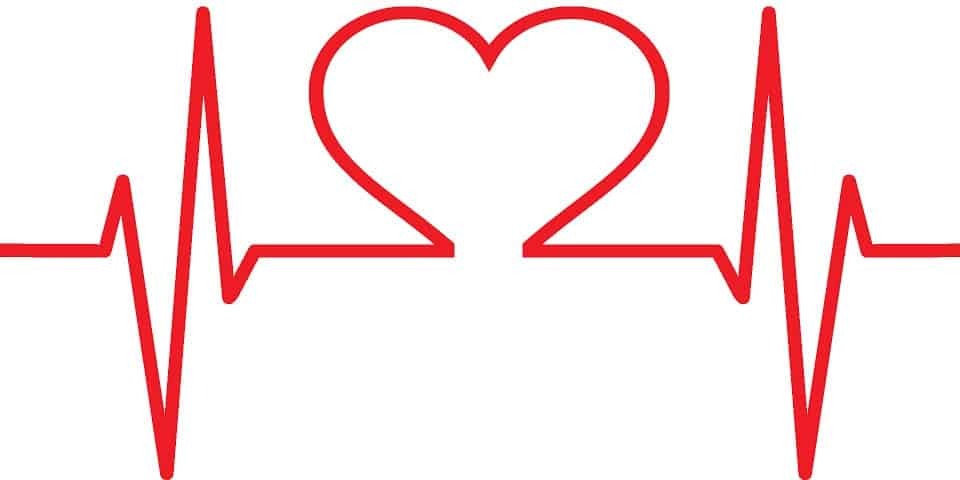The National Osteoporosis Foundation published a new report this week, insisting that calcium supplements are safe for your heart. Two weeks ago, Johns Hopkins cardiologist Erin Michos published a paper saying the opposite.
She notes that the NOF review (which was funded by a pharmaceutical company that makes calcium supplements) omitted certain studies (such as the ones she included in her own review) that might have changed the conclusion.
These are just the latest two volleys in a five-year-long tennis match between experts on whether you should or shouldn’t take calcium supplements. And you thought politics was divisive.
Concerns about heart health only kick in when older people are getting large amounts of calcium. However, this is more common than you might think. Post-menopausal women typically take 1,000 to 1500 mg of calcium in supplement form–often, following the (questionable) advice of their general practitioner or gynecologist. This is on top of the 500-1000 mg that they are already getting from their diet. Many also regularly use Tums or another calcium-based antacid, which can add another 1000 to 2000 mg. But who’s counting?
More Calcium is not Better
When it comes to calcium, more is not better. Not only does that extra calcium not reduce your risk of osteoporosis or fractures, it increases your risk of kidney stones, heart attack and stroke.
In their guidelines, the National Osteoporosis Foundation gives lip service to the fact that food is the best place to get your calcium and that supplementation should only be used to “close the gap” between the recommendations and your daily intake. (For most people, that would be no more than 250 – 500 mg).
See also: Are you Getting Enough Calcium (or Are You Getting too Much)?
But all this arguing about whether calcium supplements are or are not harmful to your heart overlooks the elephant in the room, which is that they probably don’t do much good.
Back in 2012, the US Preventive Task Force concluded that “Daily supplementation with up to 1000 mg of calcium and up to 400 IU of vitamin D3 has no net benefit for the primary prevention of fractures.”
So why are we still arguing about this?


Hi Monica:
I asked my Dr one time about something that had been tested and then told it was unsafe to use.He told me ” If they don’t tell you how many people it was tested on then don’t worry about it”. Sometimes they do it on so few people who could have had previous ailments and it wasn’t taken into consideration when doing the testing which would negate any results. What are your considerations when reading about these tests?
With Thanks, Mary
The safety issues regarding calcium are based analysis of data for more than 10,000 people.
Hi Monica:
I think that if you have a good diet including lots of Fruits,Vegetables,and lower fat dairy that you should be okay without taking calcium supplements .I have just finished getting the last picking of strawberries so now will have to decide what i want next to put in my 0% Greek Yogurt besides Blueberries and Kiwi.It is so frustrating when you have been told to take something and then hear all the bad side effects.
Have a great week.
Mary
Monica, this is interesting but not unfamiliar to me as I’ve been following the conversation on calcium for some time. I’m interested in your thoughts on vitamin K2 supplementation, which according to some studies helps to regulate where calcium ends up in the body (bones vs arteries). The combination of calcium from dietary sources, vitamin D and K2 is supposed to be better for bone health than massive calcium supplements. I will add that my interest stems from my mother’s death from a heart attack with no history of cardiac problems but who took large amounts of calcium supplements. Thanks for writing!
Hi Paula. My sincerest sympathy on the loss of your mom.
Vitamin K is definitely part of the equation but, as with calcium, I think it’s ideal to get this nutrient from foods if at all possible. Here are a couple of articles I’ve written on this topic:
Vitamin K and Natto
How to keep calcium out of arteries
I think much of the marketing used in the supplement industry is based on the idea that we should be having many times the recommended amount of vitamins and minerals to be “healthier.” Thank you for addressing this issue with research!